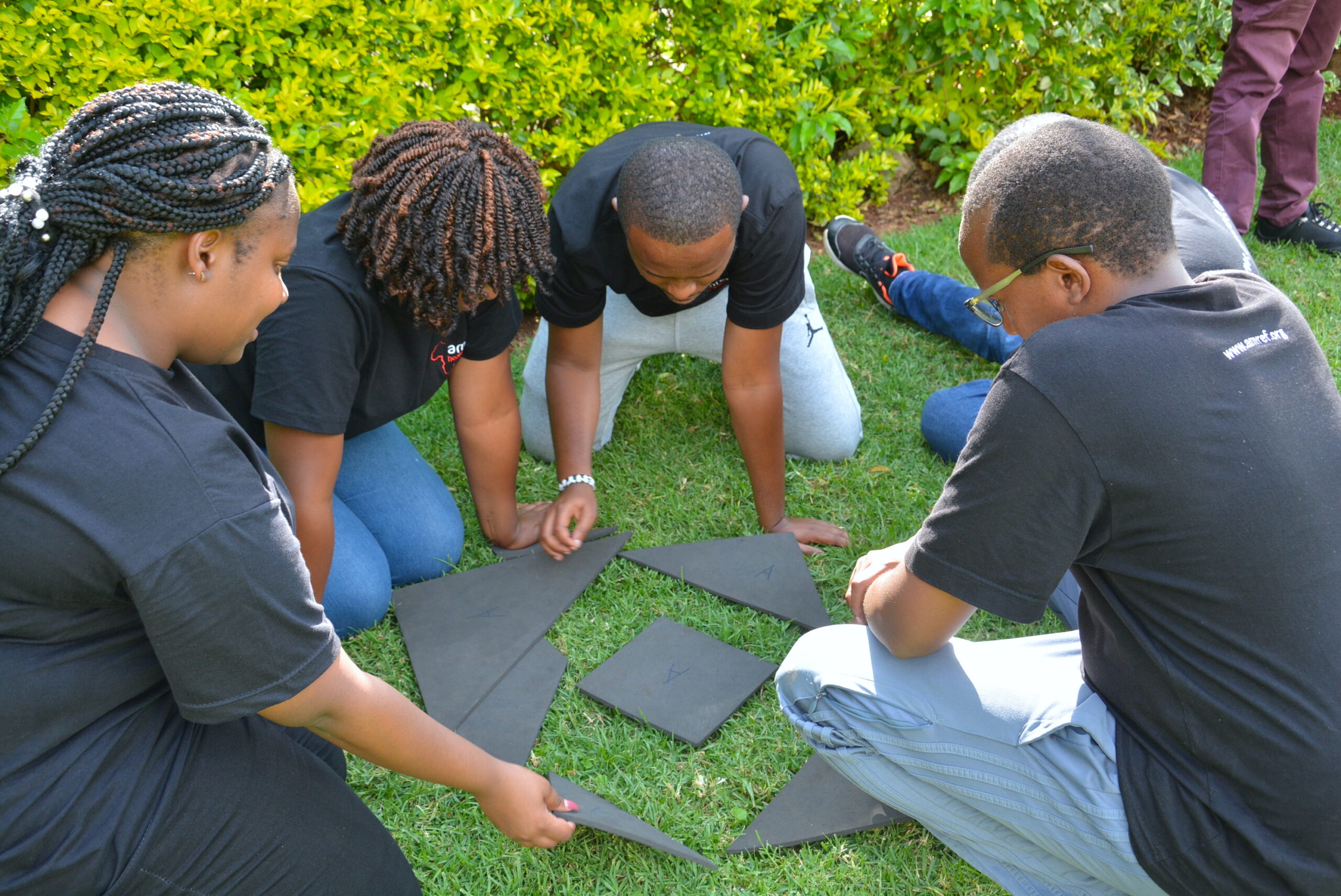Phone:
+254 790 229 945
Physical address:
1st Floor of House no. 5, Kijabe Street. Opposite Simlaw seeds

Corporate team building is a critical component of fostering a productive and harmonious workplace. It involves structured activities and programs aimed at improving collaboration, communication, and trust among team members. By investing in team-building initiatives, organizations can create a more cohesive workforce, leading to increased morale, better problem-solving, and higher overall performance. Here, we delve into why corporate team building is essential and how it benefits organizations
Effective communication is the foundation of any successful team. Team-building activities often require participants to work together to solve problems, complete tasks, or achieve goals. These activities encourage open dialogue, active listening, and the sharing of ideas, which translate into better workplace communication. Teams that communicate effectively are more likely to collaborate seamlessly and avoid misunderstandings.
Trust is a cornerstone of strong teams, and team-building exercises are designed to foster trust among colleagues. By engaging in activities outside the usual work environment, team members have the opportunity to learn more about each other’s strengths, weaknesses, and personalities. This deeper understanding helps build stronger relationships, which are essential for effective collaboration and mutual support.
Workplace stress and monotony can take a toll on employee morale. Team-building activities provide a welcome break from routine tasks, allowing employees to relax and recharge. These activities often incorporate fun and engaging elements that lift spirits and inspire renewed enthusiasm for work. A motivated team is more productive, creative, and committed to achieving organizational goals.
Team-building exercises are designed to highlight the importance of working together to achieve common objectives. By solving problems or completing tasks as a group, employees learn to value each other’s contributions and leverage their collective strengths. This sense of collaboration fosters a more inclusive and supportive work environment, where everyone feels valued and empowered.
Corporate team-building activities often simulate real-world challenges that require creative thinking and strategic problem-solving. These exercises help employees develop critical skills such as decision-making, adaptability, and resourcefulness. Teams that excel at solving problems are better equipped to handle workplace challenges and drive innovation.
Team-building activities often reveal natural leaders within a group. By participating in exercises that require delegation, coordination, and decision-making, employees can demonstrate and develop their leadership skills. Additionally, these activities help clarify individual roles and responsibilities within the team, reducing ambiguity and ensuring everyone understands their contributions.
A positive and engaging workplace culture is a key factor in employee retention. Team-building initiatives show employees that their well-being and professional development are valued. This investment in team dynamics fosters loyalty and reduces turnover rates, saving organizations the cost and disruption of replacing staff.
Team-building activities can be tailored to reflect an organization’s core values and objectives. By aligning exercises with the company’s mission, employees gain a better understanding of how their roles contribute to larger goals. This alignment fosters a sense of purpose and commitment, driving collective success.
In larger organizations, employees often work in isolated departments, leading to silos that hinder collaboration. Team-building activities create opportunities for cross-departmental interaction, breaking down barriers and encouraging the sharing of ideas and resources. This interconnectedness leads to a more agile and innovative organization.
Team-building exercises can highlight the value of diverse perspectives and encourage inclusivity. By working with colleagues from different backgrounds, employees learn to appreciate and leverage diversity, creating a more equitable and harmonious work environment. Inclusive teams are not only more cohesive but also more innovative and effective.